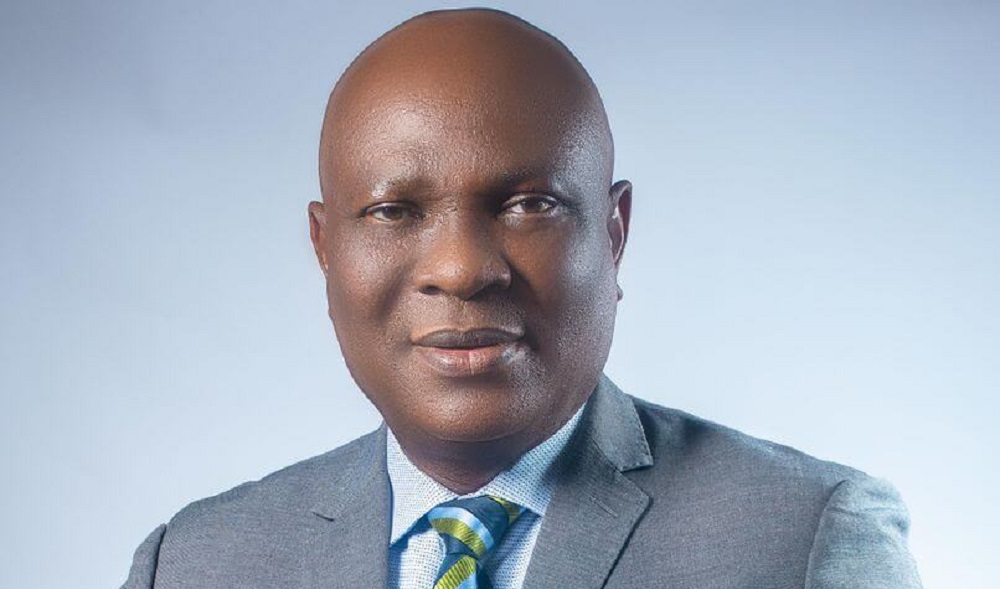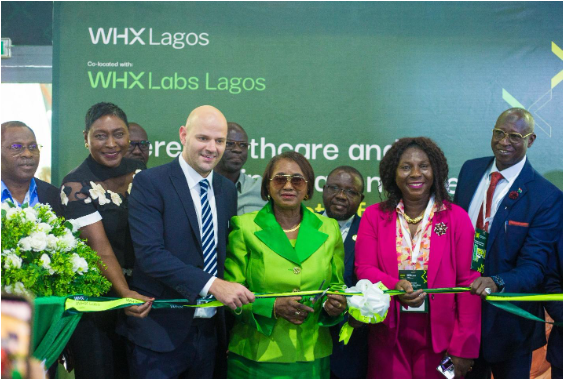Da Grin’s legacy shines in the enduring success of Indigenous Hip Hop [15th Anniversary]
In 2015, Nigerian hip hop was been dominated by indigenous rappers Olamide, Phyno, and Reminsice who marked the moment with their era defining collaboration ‘Local Rappers’.
5 years before its release, the Nigerian music industry lost one of the shining lights in rapper Da Grin, whose smooth westernised delivery, new school swag, and seamless Yoruba fusion announced a new era for Indigenous hip hop.
A big chunk of the enduring success of indigenous hip hop is owed to Da Grin, who left a legacy that continues to shine 15 years later.
On April 22, 2015, Da Grin, born Oladapo Olaitan Olaonipekun, made a sad exit after a fatal car accident on his way back from the nightclub.
While only 25, he packed so much into his two-year run as one of Nigeria’s foremost hip-hop protagonists.
While his name was already popping up in the underground hip-hop scene circa 2007 after he released his debut LP ‘Still On The Matter,’ it wasn’t until he released his sophomore LP ‘Chief Executive Omo Ita (CEO)’ that he gained mainstream success.
The title which translate to “Chief Executive Street Boy” saw Da Grin boldly adorn the clock of a young man whose talent was forged by the harsh realities of the streets.
Like several artists who drew inspiration from what lay around them, Da Grin had the dreams of making out of what is today called “Trenches” in Nigerian pop culture parlance.
He made this ambitious declaration on the album’s opener ‘Ghetto Dreams’ where he delivered western-influenced flows similar to a hungry Rick Ross attempting to make his name in ‘Port of Miami’.
He found a good partner in producer Sossick, who chopped on American Hip Hop with cultural context.
Da Grin had dreams of pursuing life as the average Nigerian youth would imagine. He wanted to become a professional and excel in a noble profession.
Maybe become a doctor. He nursed dreams of becoming President, or perhaps he could become a celebrated Pastor like Chris Oyakhilome.
However, to his left and right lay limitations. The financial type that relegates his family to a section of society where there are limits to how a young man can dream.
Amidst this reality, Da Grin found an outlet through music, and he embraced it with both hands.
Unlike being a doctor and President, which requires advanced education that doesn’t come cheap, or leading a church that requires a prescribed level of morality, music only demands that he possess talent and a dream.
Armed with both, Da Grin drew inspiration from American hip-hop greats who defied the odds to become household names and heroes in their hoods.
He took the flows of Ludacris, Chamillionaire, Young Jezzy, and Rick Ross, among other stars, and interpreted them with the originality of a man from Alagbado in Lagos.
The result was the swagger of American hip hop and the spirit and cultural identity of a Yoruba man, which brought his music closer to a young generation whose hip hop radar was tuned to American stars like Kanye West and Lil Wayne.
‘CEO’ holds a comprehensive display of his talent and how it inspired a new dawn for Nigerian hip hop.
He made the ultimate Naija boy anthem with the classic ‘Pon Pon Pon’ where he declares his intention to dominate.
He gave the ladies a jam with ‘Kondo’. He showcased the storied partnership between rappers and singers in ‘Thank God’ featuring Omawunmi. He delivered a party-starting jam with ‘Gboro’ featuring Isolate.
A rapper at the summit of the game, he delivered notable guest verses on Neptune’s ‘123’ where he gave fellow hip hop stars MI Abaga and Naeto C a run for their money.
He showed that indigenous rappers have as much swagger in Cartier‘s ‘Owo Ati Swagger’ remix and displayed classic rapper’s chest-thumping in General Pype‘s ‘Champion’ remix.
As if aware that his time his short, he packed so much into his mainstream run and left an indelible mark in the sands of Nigerian hip hop.





